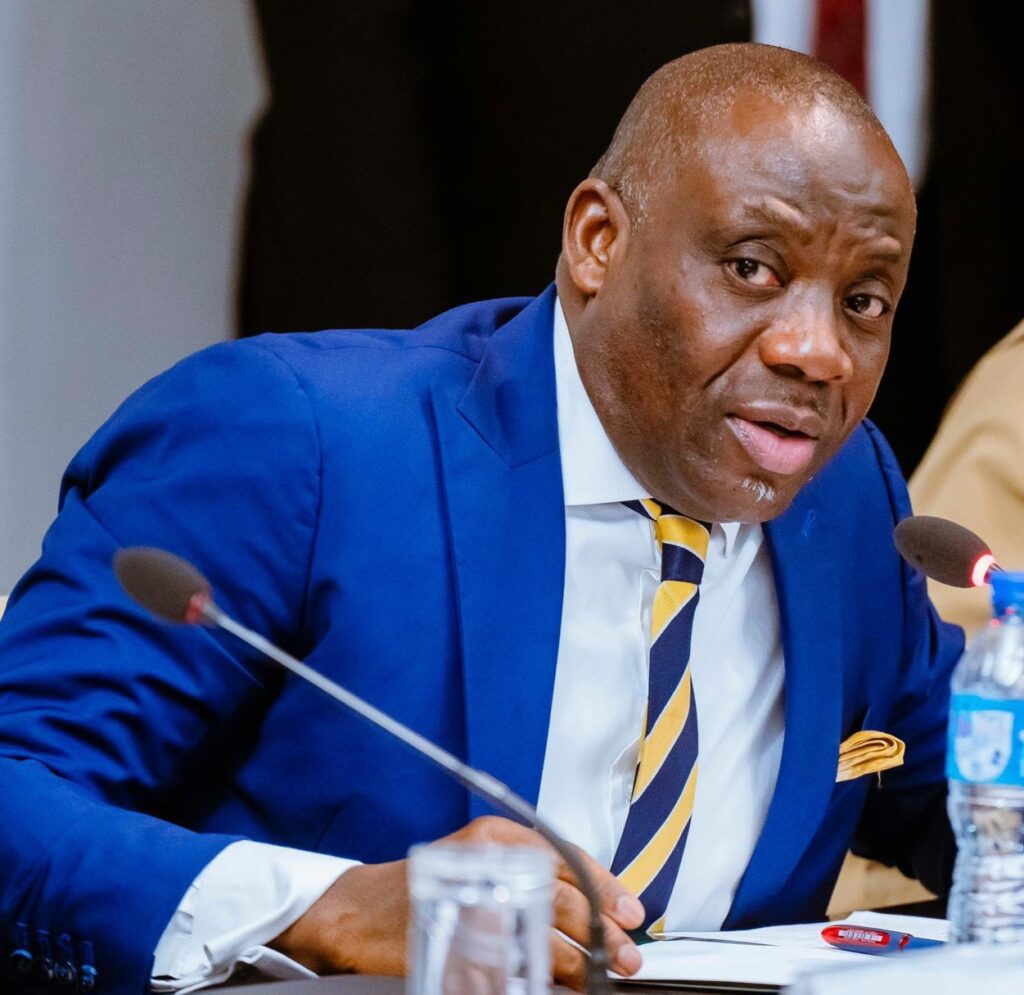
Chidimma Uchegbu
Nigeria’s Federal Government has awarded operational licenses to 11 new private universities, furthering its goal of expanding access to quality higher education.
At a ceremony in Abuja, Education Minister Dr. Tunji Alausa presented the licenses to the institutions, which were recently approved by the National Universities Commission (NUC).
The licensed universities include:
- New City University, Aiyetoro, Ogun State
- Lens University, Ilemona, Kwara State
- Kevin Ezeh University, Mgbowo, Enugu State
- Southern Atlantic University, Uyo
- University of Fortune, Igbotako, Ondo State
- Minaret University, Ikirun, Osun State
- Abdulrasaq Abubakar Toyin University, Ganmo, Kwara State
- Monarch University, Iyesi Ota, Ogun State
- Tonnie Iredia University of Communication, Benin, Edo State
- Isaac Balami University of Aeronautic and Management, Lagos State
- Eranova University, Kuje, FCT Alausa emphasized the need for universities to focus on critical disciplines like STEM and medical sciences, as Nigeria has an oversupply of social science graduates.
“This ceremony is not only a celebration of your achievements, but also a renewed call to action in building a future-ready and globally competitive Nigerian university system,” he said.
He emphasized the need to reorient the tertiary education sector toward critical disciplines such as Science, Technology, Engineering, Mathematics, and Medical Sciences (STEMM), noting an oversupply of graduates in the social sciences.
“Nigeria has more than enough social science graduates. What we need now are problem-solvers graduates with life skills who can drive industries, build infrastructure, and improve lives.
“We must acknowledge an uncomfortable truth that, while we now have 159 licensed private universities, too many are failing to meet the quality standards Nigeria demands,” he added.
According to him, licensing institutions should not be a symbolic gesture but a meaningful commitment to academic excellence. To reinforce this, he said the NUC is currently overhauling its quality assurance system to ensure all universities meet minimum standards for teaching, research, and innovation.
Dr. Alausa also urged private institutions to pursue partnerships with one another and with international academic bodies, leveraging Nigeria’s potential as an education hub in Africa.
He further disclosed that some universities whose applications had been pending for over four years finally received approval, following a detailed review process carried out over the past three years.
“Private universities must rise to the challenge of delivering high-quality, relevant education that meets the demands of a modern economy.
“With support from regulatory bodies and a renewed commitment to excellence, the newly approved institutions are expected to play a transformative role in shaping the nation’s next generation of leaders and innovators,” he said.
NUC Executive Secretary Prof. Abdullahi Ribadu noted that private universities have significantly boosted the education sector since liberalization began in 1999.
“From just 49 universities in 1999, 23 of which were private, Nigeria now boasts of 298 universities, with 159 (53.3 per cent) being privately owned.
“The catalyst for this expansion is the increased participation of the private sector,” he said.
The licenses granted are provisional and valid for three years, subject to strict quality standards and close monitoring by the NUC.
“The provisional status is subject to close monitoring by the NUC, with full licenses to be granted only after a thorough evaluation of each institution’s compliance with regulatory standards,” he said.
Speaking on behalf of the university proprietors, Sen. Jimoh Ibrahim, founder of the University of Fortune, called on the NUC to ease restrictions that hinder collaboration between Nigerian and international institutions.
Ibrahim stressed the importance of cross-border partnerships in driving innovation and national development.
Also, Tony Iredia, Proprietor, Tonnie Iredia University of Communication, Benin, pleaded with the federal government to ensure that moratorium period is not long.
Iredia also said that Nigerian universities might not be doing well in research as a result of poor communication of research works.

Join the Conversation